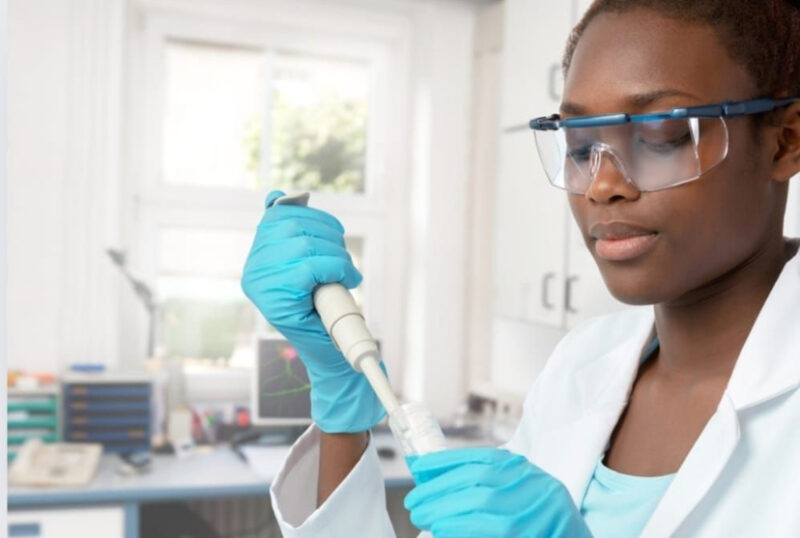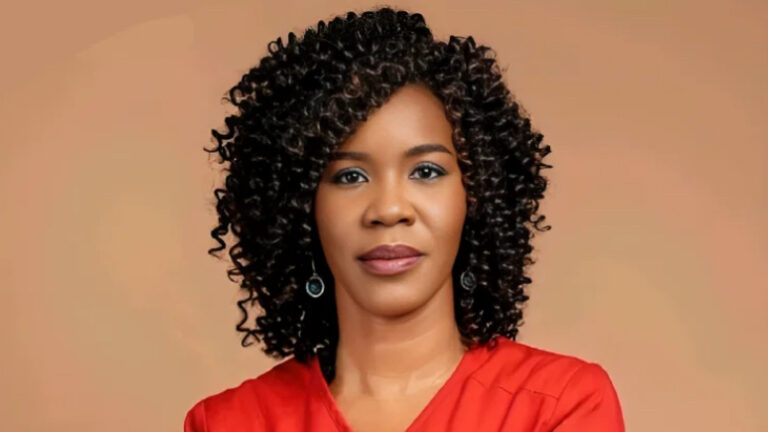Miriam Mutebi shared on LinkedIn:
“For many patients, terms like ‘diagnostics’ and ‘imaging’ can be confusing, yet these tools are vital to effective cancer care.
Just as surgery is often inaccessible, so are diagnostics, which are crucial for early detection, accurate diagnosis, and monitoring treatment progress-improving outcomes.
Diagnostics involve tests like biopsies (to confirm cancer type), blood tests (to assess cancer presence and response), genetic testing (to identify mutations that affect cancer risk or treatment), and imaging (such as CT scans, MRIs, PET scans, and ultrasounds) to visualize growths, stage cancer, guide treatment, and detect recurrences.
Recently, liquid biopsies, Artificial Intelligence (AI), and molecular imaging promise to revolutionize cancer care. However, these innovations are expensive and inaccessible, leaving many without timely and accurate diagnoses.
Despite the importance of diagnostics, the The Lancet in 2021 reported that 47% of the world’s population has little to no access to them.
For instance, ‘breast cancer’ is not a one-size-fits-all diagnosis. Triple-negative breast cancer was once thought to be highly prevalent in African women, but improved diagnostics revealed that many of these cases were actually hormone-positive, misdiagnosed due to poor specimen handling. Such misdiagnoses can deny patients years of life-saving treatments.

Even after a needle biopsy confirms cancer, further tests are needed to determine the type, influencing treatment. Triple-negative breast cancer is treated with chemotherapy, surgery, and possibly radiotherapy, while hormone-positive breast cancer may only require surgery and hormone therapy.
Multidisciplinary discussions ensure personalized treatment plans, but insurance often doesn’t cover diagnostics, so many patients must pay out-of-pocket.
The Lancet Commission emphasized that innovations in financing, technology, and workforce could reduce the diagnostic gap and democratize access. This requires investment and expansion of workforce capacity to improve turnaround times. Incorporating diagnostics into universal health coverage is essential, as in many parts of Africa, patients wait 3-6 months or longer for pathology results.
This delay is unacceptable.
When alternative therapies become the first option due to inaccessible diagnostics, patient care is compromised. We must navigate these realities while keeping patient care at the forefront.
Indeed, alternative therapies may have value, but we must discuss them without undermining diagnostics and conventional cancer care. Integration is key-medical treatments should remain primary, with alternative therapies complementing them.
I’ll delve deeper into this in a future post.”
Source: Miriam Mutebi/LinkedIn
Miriam Mutebi is a Breast Surgical Oncologist and Assistant Professor in the Department of Surgery at the Aga Khan University Hospital in Nairobi, Kenya. She is also the Vice-President of East Africa of the African Organization for Research and Training in Cancer (AORTIC), treasurer for the Kenya Society of Hematology and Oncology (KESHO) and on the Board of Directors of the Union for International Cancer Control (UICC).
She is the co-founder of the Pan African Women’s Association of Surgeons and is part of the Kenya Association of Women Surgeons. She is an avid supporter for the education and support for women, especially in surgery and she aims to provide mentorship for women in surgery and to improve women’s health and surgical care in Africa. She is currently pursuing a pilot’s license in order to extend breast care services to marginalized areas.


